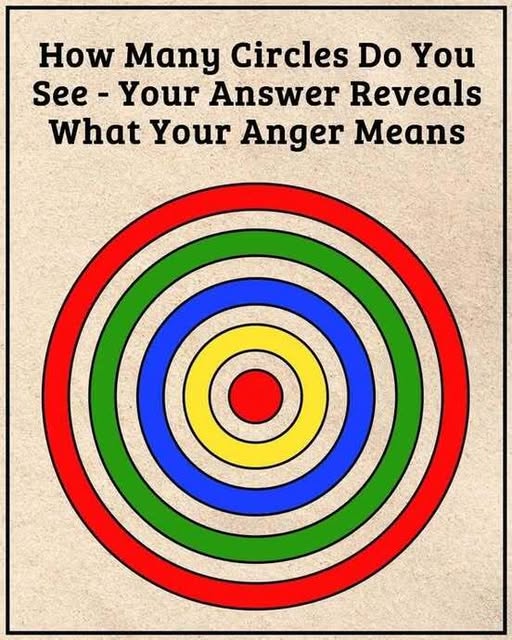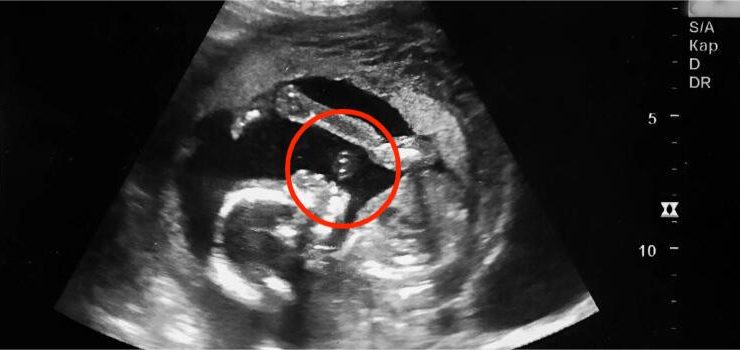Few things capture people’s attention online quite like those quick, eye-catching personality tests that pop up on social media feeds. One recent trend making the rounds features an image made up of overlapping concentric circles, claiming to determine how narcissistic you are based on how many circles you can count.

It’s the kind of post that stops you mid-scroll. You glance at the image, start counting the circles one by one, maybe change your angle or squint a bit to spot more, and then, just for fun, you share your results with friends to compare answers. In just a few seconds, you’re pulled into something that feels playful yet oddly personal. This kind of visual challenge taps into something that’s been with us for ages—a deep desire to understand who we are and how we fit into the world around us. There’s something undeniably appealing about a bold, clean graphic that promises insight into our personality with almost no effort.
Whether it’s a test claiming to gauge your level of narcissism, a “What Color Is Your Aura?” quiz, or a viral post that says it can reveal whether you’re more logical or emotional, we’re naturally drawn to anything that gives us a glimpse into our inner selves. It’s not that we fully believe these images can actually reveal the truth about us, but the idea is too tempting to ignore. And honestly, that’s part of the charm. These tests, illusions, and quizzes—whether they’re silly or semi-serious—all scratch the same itch. We crave answers, even if they come from something as simple as counting shapes. From BuzzFeed-style quizzes that ask what kind of sandwich best represents your personality to more in-depth tools like the Myers-Briggs Type Indicator, we love categorizing ourselves and seeing how we compare to others. It becomes less about the science behind the results and more about the fun of participation and connection.
These little games invite us to reflect, even if briefly, on how we view ourselves and how others might see us. And in a world full of distractions and noise, those brief moments of self-exploration can feel surprisingly rewarding. Think about it—when you counted the circles in that illusion, did you stop at ten? Did your friend swear they saw fifteen? That moment of comparing answers turns into a conversation, a debate, or even a joke that carries over into the rest of the day.
Suddenly, a simple visual post becomes a shared experience, something to laugh about or discuss over text. It brings people together, even if the premise is more playful than scientific. And that’s where the real magic happens. The point isn’t necessarily to measure how narcissistic you are with total accuracy. After all, narcissism is a complex psychological trait, not something that can be diagnosed based on a circle count. But the quiz gives you a starting point—a way to engage, connect, and maybe think a little more deeply about yourself. It’s a prompt, a nudge, a mirror held up in a quirky, entertaining form. Sure, most of us know these viral tests aren’t serious psychology, and we take them with a grain of salt. But that doesn’t stop us from enjoying them. They’re bite-sized moments of self-reflection, and more importantly, they give us a way to explore our identities without pressure. They’re easy to access, easy to share, and they spark meaningful conversations in the most unexpected places. So, the next time a post claims to uncover your personality type through a visual trick or quick question, feel free to play along. Count the circles. Debate the results. Share it with a friend. But also remember that the real value isn’t in how many circles you saw—it’s in the curiosity the image sparked and the connection it helped create. In the end, these optical illusions and quick quizzes aren’t really about labeling who we are. They’re about reminding us just how much we enjoy discovering ourselves, especially when we get to do it together.





